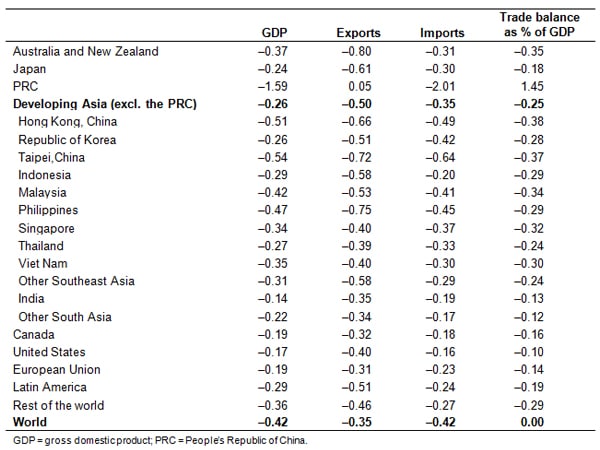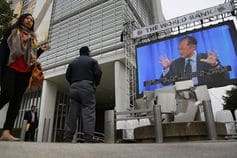Is a U.S.-led Asia Order Outmoded?
In numerous essays, Hugh White has argued that the US-led Asia Pacific order, which he rightly views as a source of peace and growing prosperity over the past seventy years, is increasingly outmoded. As daily events in the South China Sea attest, the current order is increasingly contested. White fears an Asia caught in the middle of a dangerous US–China rivalry that could spark conflict between the two nuclear powers.





